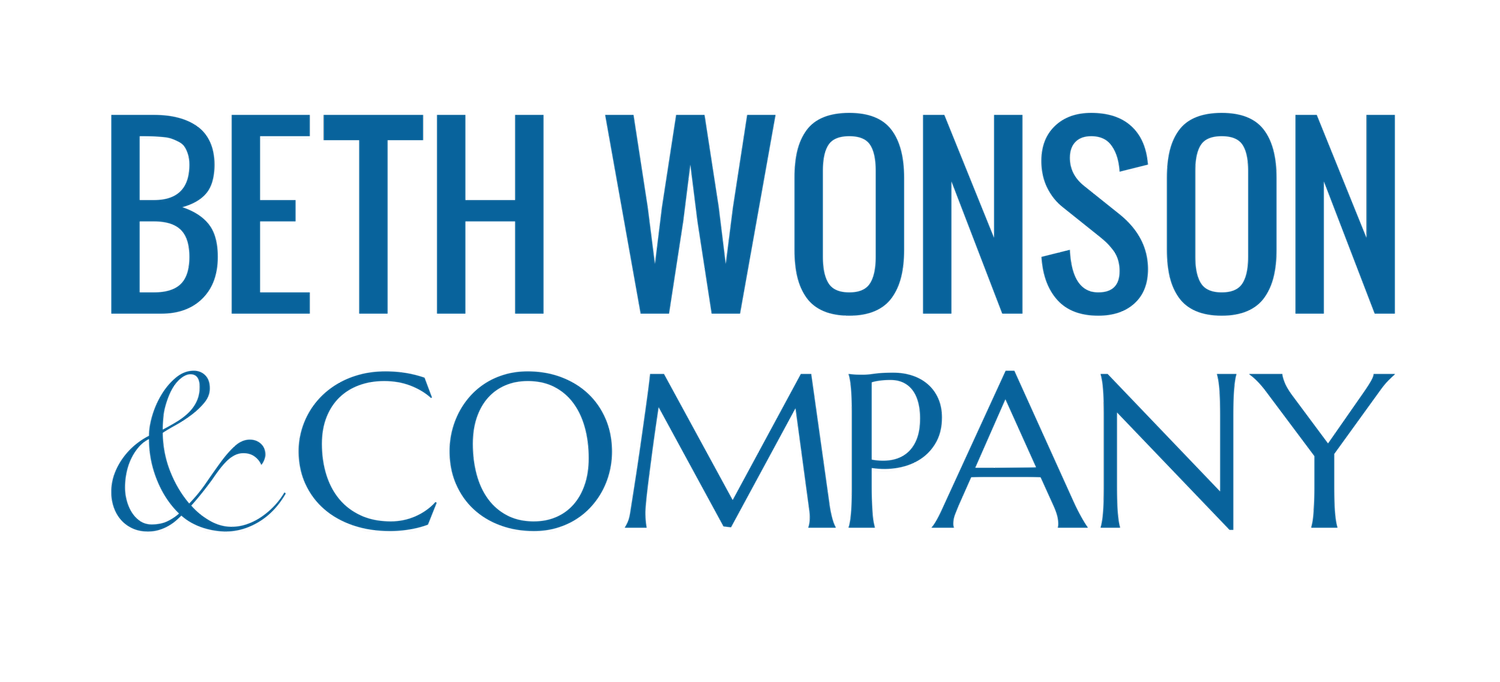Generating Funds While Furthering Your Mission
I recently posted in a thread for nonprofit leaders and received a surprising response.
An Executive Director mentioned that their county and state funding was being cut, and donations were down. They were curious about what types of gala events or fundraisers their peers were investing in that had a positive effect on cash flow.
Many replies focused on how these big, expensive, and time-consuming events are no longer yielding the same financial rewards they did a decade or two ago.
I believe that the public is fatigued and burdened by the same kinds of asks for their time and money. The trend of decreasing attendance, slowing ticket sales, and poor financial results supports this view. The stress that happens within nonprofits who put on these kinds of events is real.
I inquired if they had considered social enterprise as a way of generating funds while furthering their mission. Surprisingly, almost no one in the thread knew what I was talking about.
Simply put, social enterprise is a sustainable financial growth model that promotes philanthropy through profit generation.
Possibly the biggest challenge to launching this type of model is that it requires is a shift in nonprofit thinking. One nonprofit I’ve worked with for years is just dipping its toes into social enterprise.
The greatest resistance internally has come from people saying, “What do you mean we are going to ‘sell’ things?” (with an emphasis on "sell" as if it were a word laced with poison.)
Charity and donations depend on the kindness of those with financial resources who either take a liking to your mission or have a deep personal experience with the challenges your nonprofit is trying to solve. Grants have become even more competitive as new nonprofits spring up daily.
As a social enterprise model, your nonprofit continues to address these issues and value the donors while addressing the root causes of the problems you aim to solve.
For instance, another nonprofit I’ve worked with which serves homeless families, received funding from a foundation to build an industrial kitchen. Residents work in the kitchen while receiving training and certification in culinary arts. This prepares participants to enter the workforce. Unemployment and lack of skills are significant hurdles that perpetuate the cycle of homelessness. Additionally, the organization is identifying products or services they could offer as part of the culinary program. The sales from these products and services will generate revenue to sustain the program while also providing residents with new skills, such as taking a product to market.
Yet another nonprofit, a private school, develops and sells curriculum to the home schooling community. A perfect combination of their expertise and their audience.
Like any business initiative, building a social enterprise program requires a business plan, startup funding, continual monitoring, collaboration with other agencies and businesses, and a commitment to appropriate staff expertise.
While profits are important in a social enterprise, they differ from traditional business models in that the goal is to further the mission with the profits gained.
Questions to ask if you are considering a social enterprise model for your organization:
What is the biggest hurdle or challenge that gets in the way of your clients’ success?
What product or service (needed by others) do we either already deliver or have the expertise to develop?
Who in our community (board members, donors, existing staff) has the skills and ability to consult on the development of a social enterprise model?
Who (funders, private donors, corporate sponsors) may be interested in underwriting a startup?
How will the social enterprise be managed? What staffing is required?
How will a social enterprise model impact our nonprofit status?
There are many more questions to explore that require expertise.
However, the first step is to begin with an internal strategic dialogue focusing on what your organization uniquely brings to the table that could both solve a societal problem and generate a revenue stream to support your mission in deeper and more sustainable ways.
P.S. I love facilitating strategic dialogues and helping organizations stretch, think in new ways, and develop plans to become more empowered and sustainable. If you’d like help with your next strategic plan, please get in touch!
